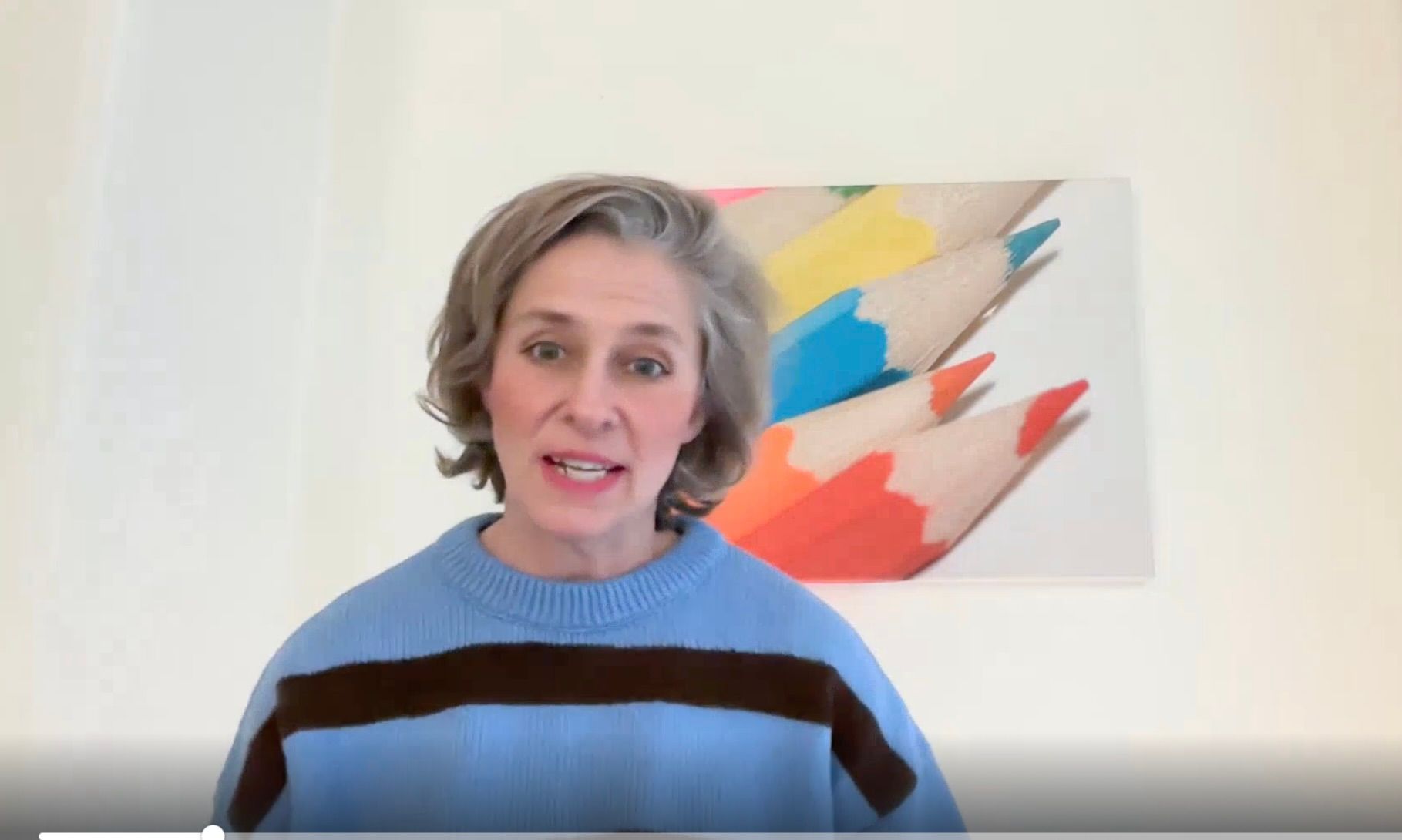Leadership Essentials
Becoming a better person and Leader...
One of the key resources I reference when working with new Leaders is the book "Monday Morning Leadership" by David Cottrell. The book is a story of a struggling Leader who seeks guidance from a mentor and over 8 meetings learns some invaluable lessons and key essentials for leading others.
Drivers & Passengers
There is that ultimate gear change from leading to managing. Deciding on what sort of role model you want to be is to decide on some ground rules of how you want to operate. For example do you always want to start and finish on time when chairing meetings. Are you an example of open and honest communicator and are you willing to try new things.
Never feel sorry for yourself as that is a waste of valuable time, always make time for things to be better and to keep learning.
It is human nature to want to be liked however as a Leader you need to be liked and respected for the right reasons. For example liking you because you are fair. The wrong reasons are liking you as you are always at the bar with them and you provide free lunches. If we put much store on being liked we will avoid tough decisions.
In the book Cottrell uses the metaphor Drivers & Passengers. Managers can be passengers they have some responsibility but they are not in the driving seat eg.the Leader decides on the destination and maintains the car. Passengers may chat about upper management and mess around. Once you become the Leader/Driver you cannot blame anyone else for the lack of success of your department that is your responsibility. When you place blame you are focusing on the past, when you focus on the future you accept total responsibility. Stephen Covey the author of "7 Habits of Highly Effective People" says that if you split the word responsibility (response & ability) we always have the choice - the ability to choose our response in any given situation.
Keep the Main Thing the Main Thing
Having a clear overall purpose that all your Team can relate to is essential for being effective and successful as a Leader. I recommend watching Simon Sinek's TED Talk "Start with Why" he emphasises that is not what you do that matters but Why you do it? As a Leader it is vital that all your Team know what that Main Thing is? For example here at nuggets the Main Thing is "help people to think differently" which is our Why? - how we do it? is ensuring that learning is colourful and interactive and obviously what we do is deliver learning and development.
The Main Thing can be a cascade, eg do you know the organisations, senior leadership, departments and most importantly your own Main Thing?
Not having that clarity as a Leader will mean that you will lose Team members, and it is important to remember that "People quit people before they quit organisations".
Escape from Management Land
Cottrell describes Management Land as a place where simple things become complex, and the Team and the Leader lose perspective. People are rewarded by saying things the Leader wants to hear. Management Land is a confusing, frustrating and comical to outsiders.
As a Leader you need to hire good people, coach all your Team and not ignore poor performance. A good starting point is to categorise your Team members, into three groups:-
- Superstars
- Stars
- Falling Stars
The mistake New Leaders make is by giving more and more work to Superstars and spending too much time with the Falling Stars.
Developing relationships with your Team is the key to success. Simon Sinek talks about the balance between performance and trust. You need high trust more than you need high performance as one can be developed but trust underpins every relationship you have.
Your job is not to lower the amount of Falling Stars by accommodating & adjusting things for them, you need to be recognising and rewarding the Superstar behaviours.
"Do right" Rule
To achieve long term results it requires establishing a code of behaviour that must be followed. As a Leader you must provide accurate feedback delivering positive and constructive feedback with examples and everyone must be clear of consequences. This requires a Leader to be courageous and vulnerable, linking back to Sinek's balance of Performance vs Trust. You can have a really high performer but if they use bullying behaviour to Team members this is not acceptable and ignoring it you will not be doing the right thing.
Don't make decisions in crisis, have processes documented and set expectations on behaviour together as a Team. The worst scenario is to ignore unacceptable behaviour your Team will be watching and depending on you to do the right thing. By not addressing any underperformance you break the foundation of a relationship which is trust.
Hire Tough
The greatest asset in your Team is the right people and the greatest liability is the wrong people.
Preparation is the key to successful applicants. Every question needs to be prepared in advance so that it can be evaluated against all the candidates. The rule of three is helpful, 3 interviews and 3 people be part of the process. Ensure that you interview at different times so if you see someone in the morning on the first interview, make sure the second interview is in the afternoon. Involve your Team they are going to be working with them as well!!
Never lower your standards to fill a position you will regret it long term.
Do less or work faster
Leaders must learn early on that if they don't control their time they don't have control over their life. We can't save time but you can make better decisions on how we spend our time. There are only 2 real choices, work faster or do less things. If you were to track where you spend your time currently in a matrix it may look something like this:-
- Main things right = run a productive and necessary meeting
- Main things wrong = waste 2 hours during an important meeting
- Wrong things right = facilitate a great meeting that was not necessary
- Wrong things wrong = waste everyones time at a meeting that was not necessary
It is what we do and how we do it - need to come together.
Set aside some uninterrupted planning time everyday. With my coaching clients I use the terminology of creating an opening ceremony and a closing ceremony.
Batch or time block your activities, this avoids you not spreading yourself too thinly or stopping and starting continuously.
Interruptions upset flow, so ensure that your Team have good access to you. One to one meetings with a good structure and time with you that is theirs and totally uninterrupted.
Meetings must be productive and short. They should always have an agenda and they should always start and finish on time. Share the most important items at the start when concentration is high.
Feedback
Every Team member has a bucket of motivation and that bucket can be overflowing or it can be empty and need filling. Sometimes the buckets can have leaks and are losing motivation everyday.
There also are saboteurs who can bring cynicism, negativity and confusion into other peoples buckets. Teresa Amabile says these are toxins that can knock our progress and our motivation. As a Leader your job is to keep the buckets full.
You can do this by really good communication:-
- Keep sharing the Main Thing
- Provide feedback on performance continuously
- Be a compassionate Leader - show you care about them as people
- Share with the Team results - how are you doing?
Ensuring that feedback is timely, specific and sincere and use a framework. SBI (Situation/Behaviour/Impact)
Learning Zone
Leaders must never stop learning and growing. It is really important to recognise if you are getting into a comfort zone you must step into the learning or the growing zone. Never stop learning from others by reading/listening to podcasts and watching TED talks. The most important people to listen to is the Team - your people!!
Giving back increases our own learning as we revisit what we learnt ourselves. You takeaway 20% of most learning initiatives and they can make 80% difference if you share the learning.
Setting goals is the key to success as a Leader they are the strongest source of motivation. They must be written down so that they clarify the goal and they also commit you to it.
Please do get in touch for a series of workshops on Leadership Essentials
.












